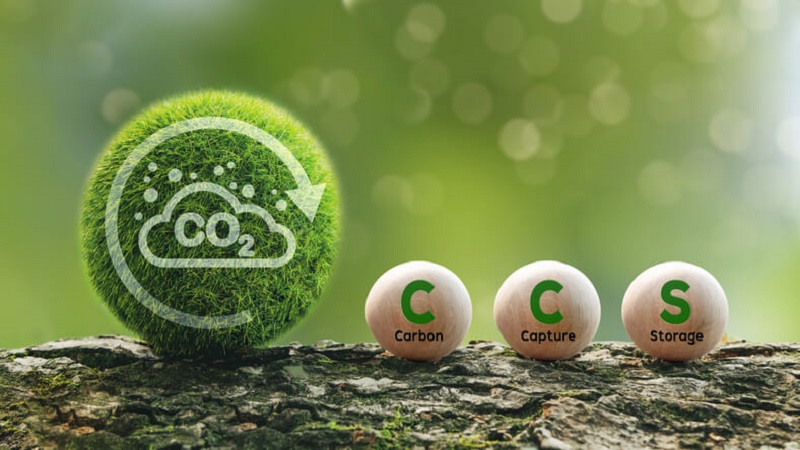
The Singapore government regards carbon capture and storage (CCS) as one of the country's net zero solutions. On the 14th, the government announced that three companies had received feasibility study subsidies, namely Keppel Group, PLP Power, and YTL PowerSeraya. The research results are expected to be completed by the end of January 2026, laying the foundation for subsequent electricity decarbonization policies.
Five carbon capture proposals selected to receive grants of up to S$350,000
The Energy Market Authority (EMA) stated that this research focuses on CCS applications in the energy industry, with two approaches: pre-combustion and post-combustion. Pre-combustion capture converts natural gas into carbon dioxide and hydrogen, capturing the carbon dioxide before combustion; post-combustion capture captures the carbon dioxide from the smoke produced after natural gas combustion.
This time, three companies and a total of five proposals were selected, with each project receiving a research funding subsidy of up to S$350,000 (approximately NT$8 million). The research results will help EMA and power companies better understand CCS technology, as well as the infrastructure and site requirements required for its application, and will also serve as reference material for front-end engineering design in the future.
Currently, more than 90% of Singapore's electricity comes from natural gas. Even though the government plans to reduce its use, it is estimated that the proportion will still be above 50% in 2035. Electricity carbon emissions are one of the main sources of greenhouse gases in Singapore, accounting for as much as 40%. Therefore, helping to decarbonize electricity is very important for Singapore to achieve net zero.
Singapore and Indonesia reach agreement to explore cross-border carbon storage feasibility
According to official reports, CCS is listed as one of Singapore's top three measures with the greatest emission reduction potential. It is estimated that it can avoid an increase of 2.5 million tons of carbon dioxide equivalent in the atmosphere by 2030, accounting for 20% of the total emission reduction. This is equivalent to the benefit of replacing 1 million traditional fuel vehicles with electric vehicles.
In addition to proposals from domestic companies, Singapore has also cooperated with the S-Hub Group, composed of two oil giants Shell and ExxonMobil, to study the feasibility of cross-border CCS since 2024, to send carbon dioxide captured in Singapore to other countries for storage, such as Indonesia .
EMA's Carbon Capture and Storage Programme Office (CCSPO) stated that there is no unified standard for introducing CCS. Each project requires individual design due to different locations and needs, which in turn increases the cost of the project. In addition, there are currently no clear regulations, so a lot of cooperation and learning is needed to accelerate the implementation of CCS technology in Singapore.
Source: Reccessary
Website: 碳捕捉扛減排20%任務!新加坡選定3企業展開CCS研究,最快2026年見成果 | 新聞 | Reccessary
Disclaimer:
1.The articles compiled and published by this association on the Taiwan Net Zero Emissions Association's official website and in the Member Biweekly Report are for the purpose of introducing international environmental trends and for educational use only, not for profit.
2.Any legal responsibilities or losses resulting from the use or adaptation of articles translated by the association shall be borne solely by the user or adapter.
For more insights on net-zero emissions, feel free to subscribe to our biweekly newsletter:
hhttps://www.tnzea.org.tw/eforms.php?lang=tw&tb=1


